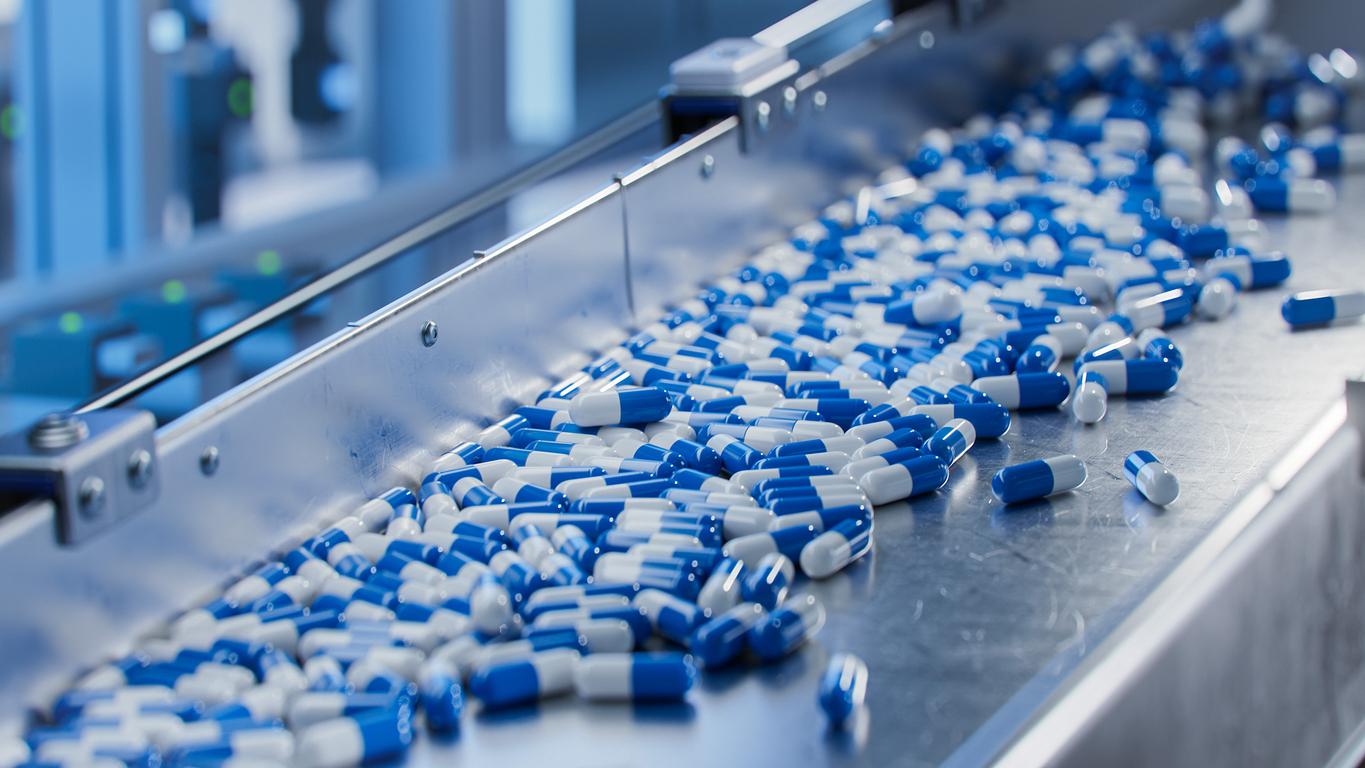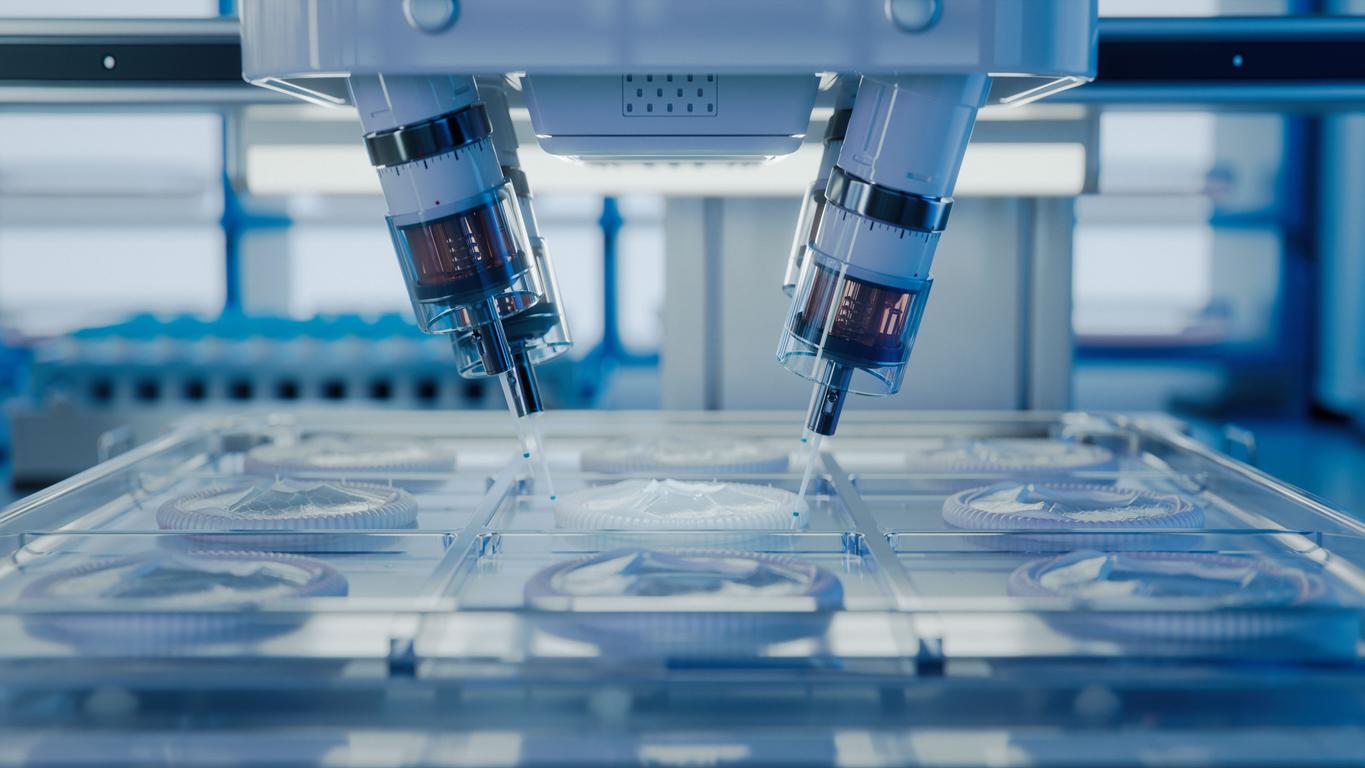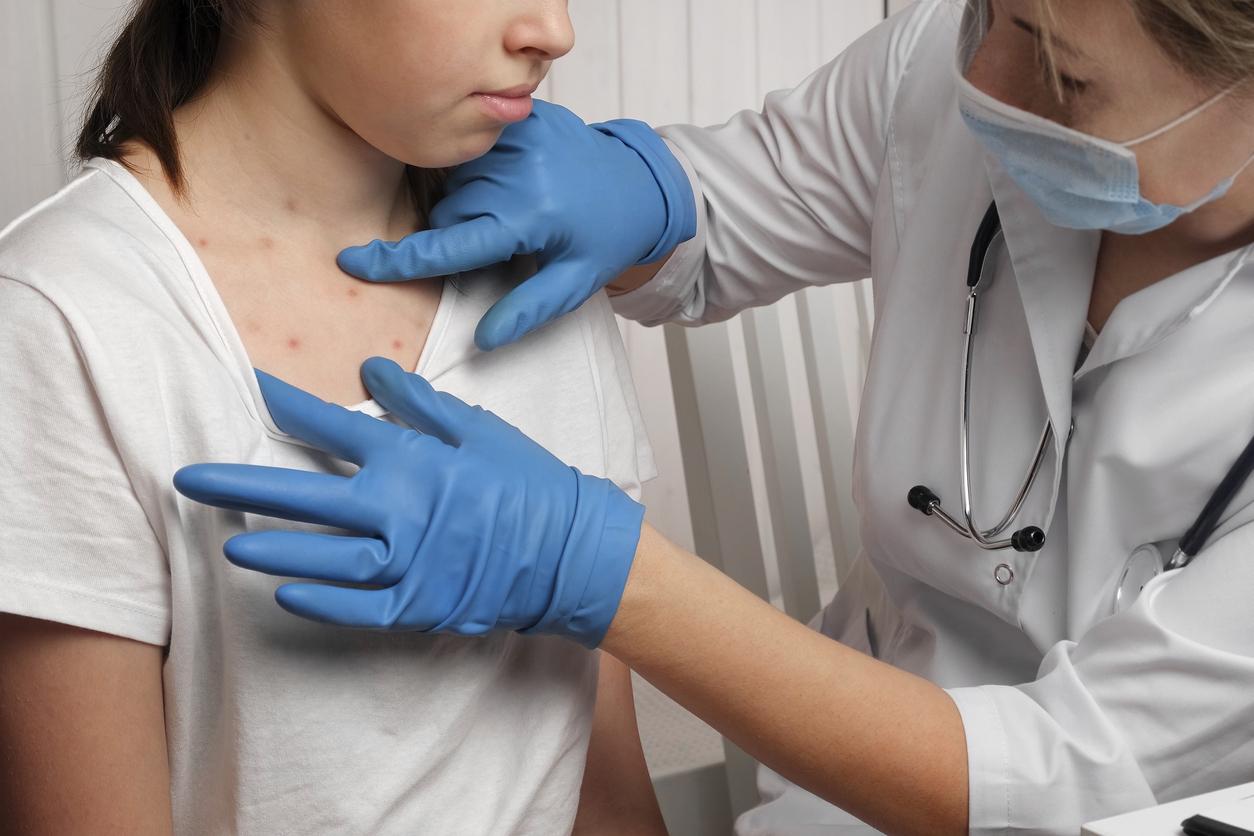Qalsody is a treatment for Charcot disease currently being evaluated by the High Authority for Health. She refused to validate early access for patients on October 10.

- At the beginning of October, the High Authority for Health refused a request for early access for treatment against Charcot’s disease.
- She explains that the drug does not meet all the criteria, particularly on effectiveness compared to the placebo.
- HAS reminds that the application for marketing authorization in France is still being examined.
The High Health Authority is justified. In a press releasedated November 8, 2024, she reconsiders her decision concerning Qalsody, or tofersen. This medication works to slow the progression of a form of Charcot disease also called amyotrophic lateral sclerosis. Still under evaluation before authorization to place it on the French market, this treatment was the subject of a request for early access authorization, refused by the HAS on October 10.
Qalsody and Charcot disease: an update from the HAS
“If it is well aware of the seriousness of this pathology and shares the hope that the arrival of a treatment can give rise to for all the patients concerned, the HAS recalls that all its decisions and opinions are based on precise scientific criteria and regulated”underlines the press release. The request for early access authorization, submitted by the Biogen laboratory, allows patients in therapeutic impasse to “temporarily benefit from certain supposedly innovative medicines, sometimes even before their authorization or reimbursement under common law”. To obtain it, a medicine must meet four criteria: be intended to treat a serious, rare or disabling disease; there must be no appropriate treatment already available, the implementation of the treatment cannot be delayed, and the medicine must be presumed to be innovative, particularly with regard to a possible clinically relevant comparator.
Charcot disease: why did Qalsody not receive early access authorization?
“Concerning the evaluation of Qalsody, the first two criteria were validated, taking into account the particular seriousness of the disease concerned and the absence, today, of any appropriate treatment, notes the HAS. The data provided by the Biogen laboratory on the two other criteria did not, however, allow the HAS to reach a favorable conclusion.” She cites the results of the phase III clinical study, which “did not demonstrate a statistically significant difference between tofersen and placebo on the clinical state of patients after 28 weeks of treatment.. HAS adds that the laboratory data was “notnot sufficiently robust regarding a possible favorable evolution of a biological marker (measurement of neurofilaments)”. If she says she regrets “not having conclusive data allowing it to respond favorably to this request for early access from the laboratory”the HAS reminds that an evaluation of the drug is still in progress, for reimbursement under common law.

A petition launched by an association fighting Charcot’s disease
At the end of October, a petition was launched by the ARSLA association, which fights against the disease. “France plans to deprive people with amyotrophic lateral sclerosis (ALS or Charcot disease) linked to a mutation in the SOD1 gene of their only hope, following the refusal to establish early access to Qalsody published on October 10, 2024 by HAS, she warned. Qalsody (Tofersen), the first treatment directly targeting the genetic cause of this ultra-rare form of ALS, represents the only concrete hope for slowing the progression of this devastating, previously incurable disease.” This serious pathology induces progressive paralysis of the voluntary motor muscles due to the death of the motor neurons. Life expectancy is three to four years after the onset of symptoms.

















